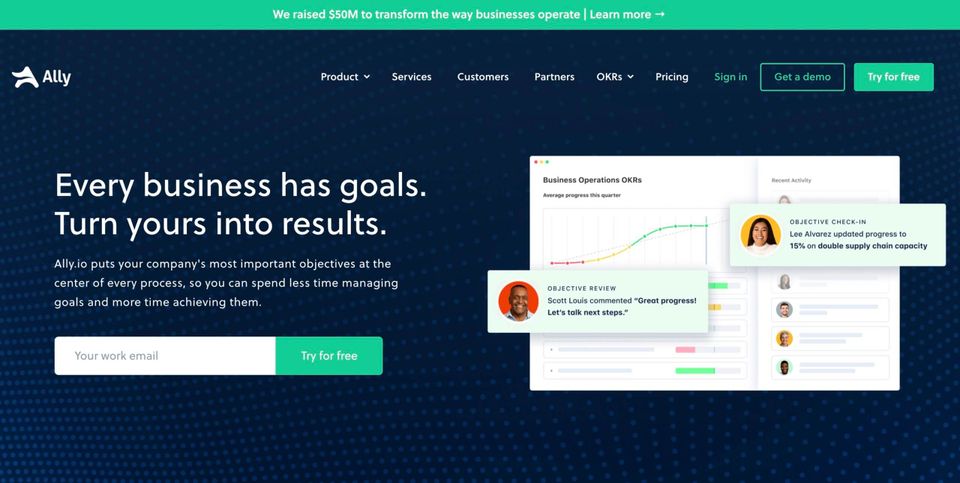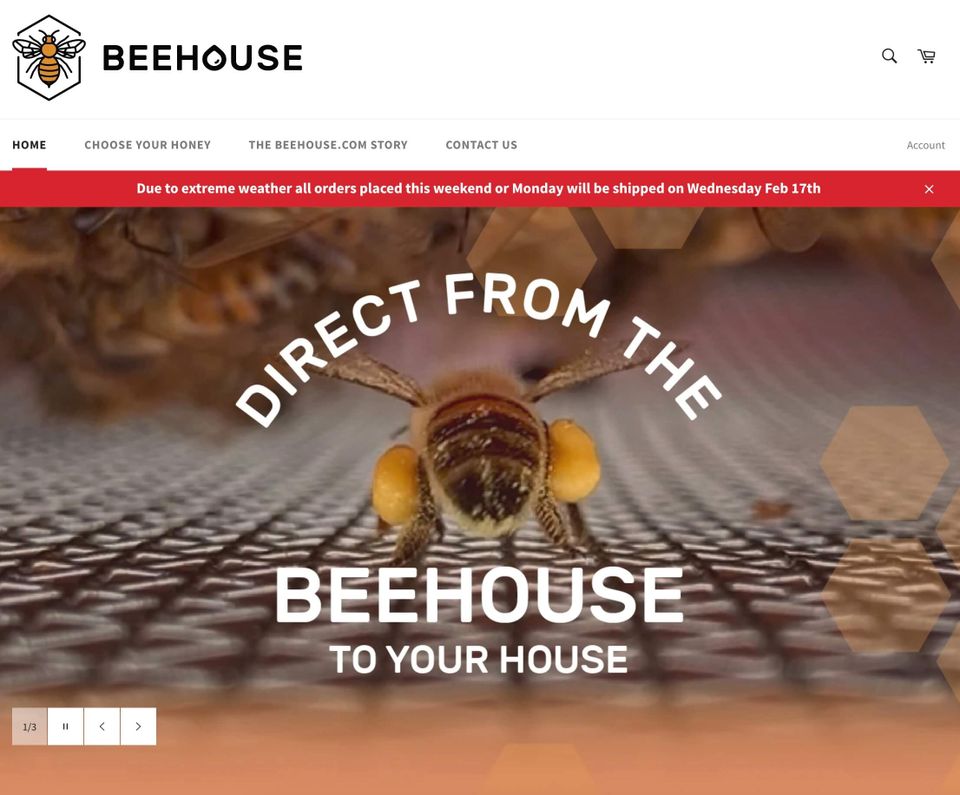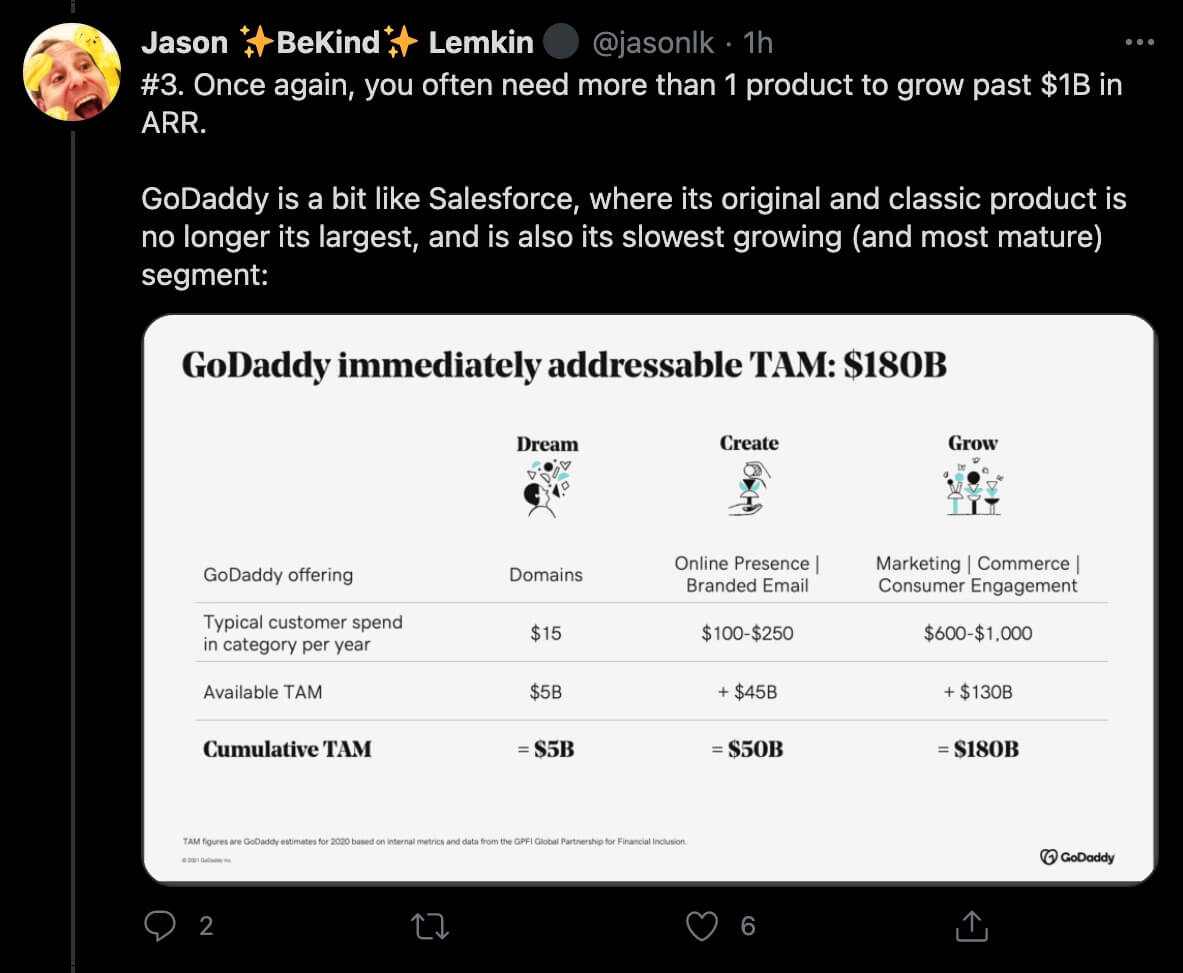One of the most common questions I get from startups that are picking a domain for their brand is, should I use a domain hack as the primary domain for my brand?
Before I go any further I want to make sure everyone knows what a domain hack is, if you already know, skip to the next paragraph. A domain hack is when a company uses the TLD of the domain as letters in the brand name. For example, if I wanted to call my company Canvas, I could use Canv.as. If I wanted to be known as Fit I could use F.it, etc.
In almost all cases my answer is no, and here’s why:
Losing traffic to the .COM – if you tell people your company is called “Fuse” and the domain name is Fu.se, most people will logically go to fuse.com first, your company is called Fuse, they go to Fuse.com. It’s that’s simple, people have been doing it for years and they’re not stopping. When you hear a brand name you typically go to that brand name .COM.- Not as brandable as .CO or .ME – not all startups can afford the .COM. A solid one-word .COM comes with a six-figure price tag in many cases which means that alternative extensions should be considered. If you tell someone your company is called Fuse.co or Fuse.me, it’s a lot more likely they’ll remember that and go to the right URL vs. telling them it is Fu.se, nobody has likely ever typed in .SE before so it’s a whole new thing for them.
- Hard to email – people will constantly screw-up when trying to send you emails. Sorry but nine times out of ten I’m going to accidentally email you@fuse.com first before I remember, doh! It was you@fu.se. This is the #1 complaint I’ve heard from startups moving from a domain hack to a brand-name .COM, .CO or .ME
- Hard to remember – let’s say that you do decide to really spell it out for people when you tell them your name so you say, it is “f-u-dot-s-e” – still ask someone five minutes later and they probably won’t remember where the dot goes.
Of course there are examples of startups that have done a great job building their brand on a domain hack. In almost all cases they have experienced one or more of the issues above but they’ve looked at the tradeoffs and made the decision. In most cases people can simply do a Google Search for your company name and find it, and if you get enough traffic this way that might be fine.
At the end of the day a good domain has a lot more to do with branding and word-of-mouth than it does raw traffic. Startups with lots of SEO power or focused on app development can take bigger risks on the domain-side. On the other hand, companies focused with people easily remembering their domain name and sharing it with friends should be weary of domain hacks.
Now it’s your turn, what do you think about domain hacks? Comment and let your voice be heard!



